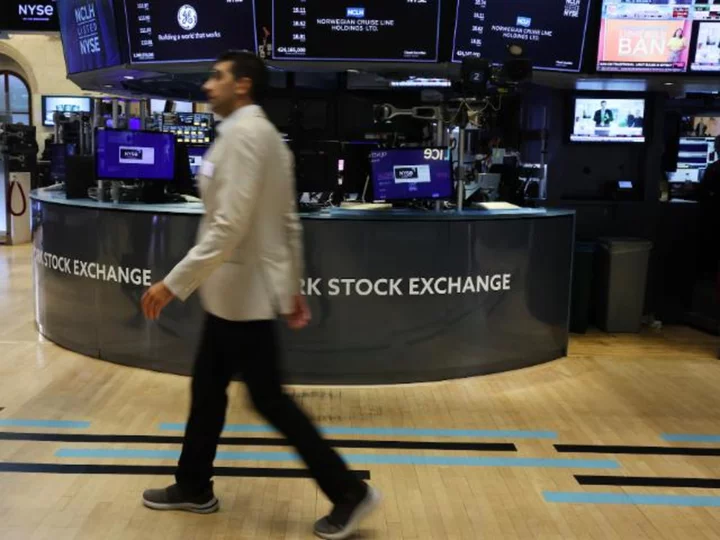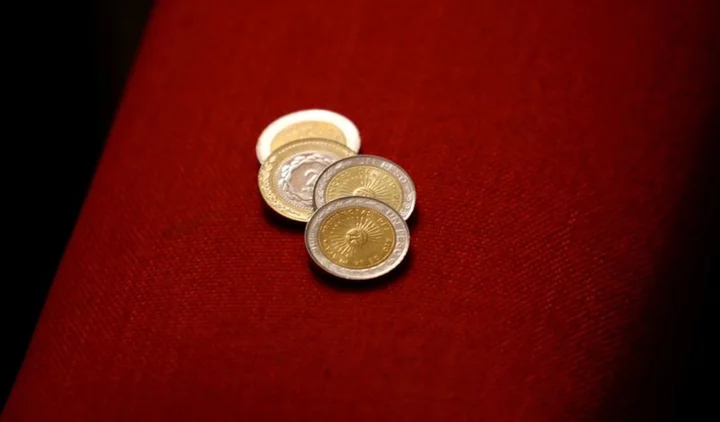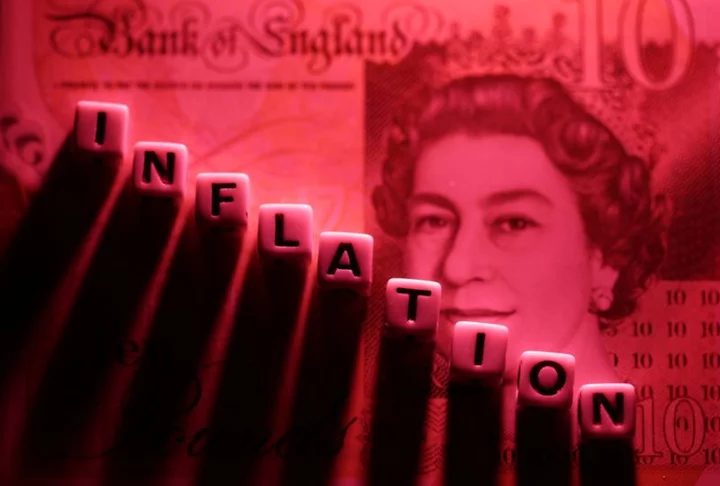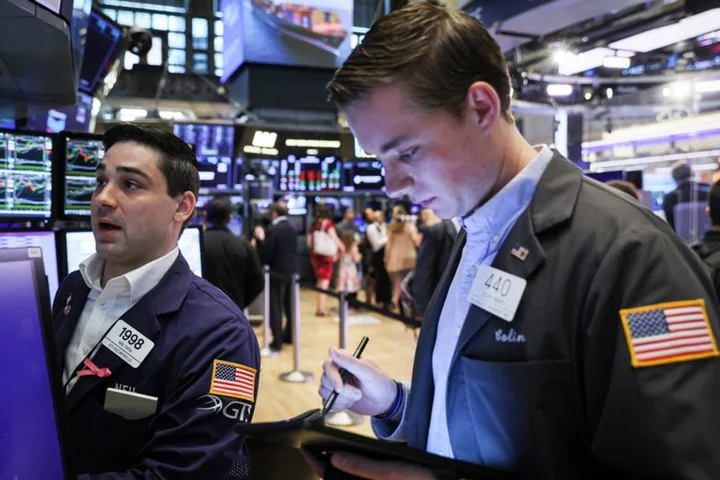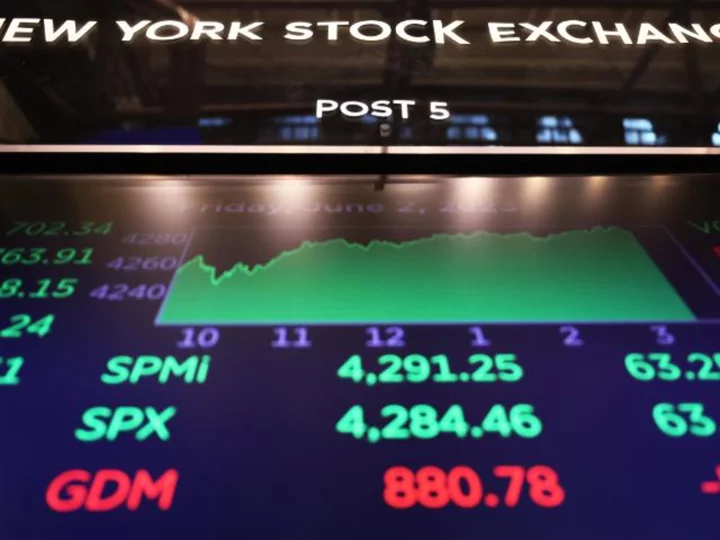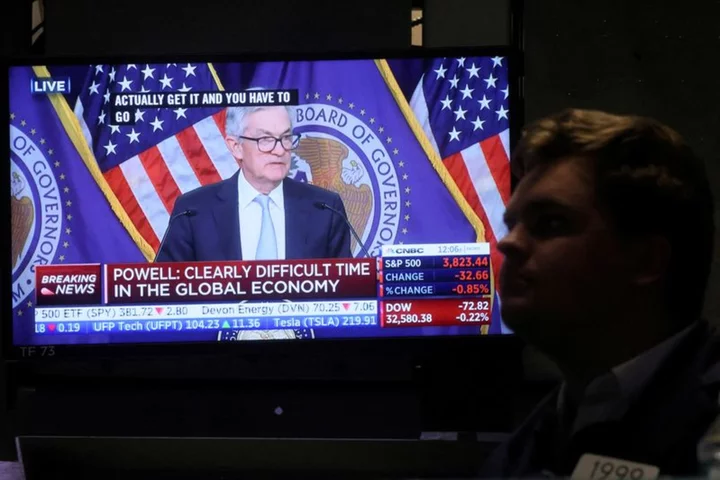Energy stocks are making a comeback after being left for dead earlier this year.
The S&P 500 index's energy sector has gained more than 6% during the third quarter so far, outperforming the benchmark index.
Energy stocks faltered in the beginning of the year, defying investors' expectations for last year's boom to accelerate on a lack of global supply.
That drop in energy stocks came despite OPEC+ producers, the cartel of oil producing countries plus Russia, announcing several output cuts in a bid to bump up crude prices.
But energy stocks have finally started to gain in recent months. Saudi Arabia slashed its output by one million barrels per day in July — a move it extended Thursday through September. Those moves mark the country's biggest production cut in years.
That's helped boost crude prices, which are hovering above $80 a barrel after dipping below $70 earlier this year. US WTI crude oil prices have gained 22% since June 11, while global benchmark Brent is up by 19%.
The slashed output coincides with what's been a busy summer of travel, heightening demand for crude. Combined with a brightening outlook for the economy as investors grow more optimistic that the Federal Reserve could soon stop raising interest rates, the picture for energy stocks is looking better than it has all year.
"You kind of needed all of those things to happen at once," said Rebecca Babin, a senior energy trader at CIBC Private Wealth.
Recent quarterly earnings reports from oil titans showed a mixed bag. But more importantly, the companies issued forward-looking guidance that, for the most part, has given investors reason to be optimistic.
Chevron said in its post-earnings conference call on July 28 that it expects "to deliver strong free cash flow for years to come" and resume share buybacks through the fourth quarter, a possible signal of confidence in its upcoming financial performance. Oil companies Shell and BP both increased their quarterly dividends.
OPEC+ is expected to keep its overall oil policy unchanged at a meeting Friday, Reuters reported. But the group will likely continue being vigilant in keeping oil prices higher, says Babin. That, along with an expected increase in demand as China works to revive its economy, could give more support to crude prices — though an economic slowdown could put downward pressure on prices.
"If we do start to see oil prices continue to increase here, it's going to be potentially back to $100 a barrel," said Derek Amey, co-chief investment officer at StrategicPoint.
Jobs report will likely be strong
Markets and economists are expecting another solid jobs report on Friday, reports my colleague Alicia Wallace.
The monthly jobs report has in recent months delivered plenty of excitement and its fair share of surprises.
Last July, for example, the US economy added 568,000 jobs — more than double the 250,000 that economists had expected.
Come Friday, the government's jobs report for this July might not end up being quite so shocking. In fact, it could be relatively humdrum: a slight cooling in job growth, and unemployment holding steady.
"To some extent, our predictions are a little bit boring, which is a good thing," said Daniel Zhao, lead economist at Glassdoor. "There are always the risks of unexpected shocks, but right now, we're on a good glide."
Zhao's predictions echo those of economists polled by Refinitiv, who are projecting US employers added 200,000 jobs last month and that the unemployment rate didn't budge from the 3.6% registered in June.
Read more here.
India's recent rice ban sent people into a panic. Here's what's going on now
Last month, the Indian government announced an abrupt ban on exporting non-basmati white rice, which includes varieties favored by South Indian communities.
The move has raised fears of destabilizing rice supplies in certain parts of the world and reportedly sent some US shoppers into panic-buying mode, reports my colleague Danielle Wiener-Bronner.
But US rice producers want consumers to know: We've got plenty of rice.
"There's enough U. rice to go around," the USA Rice Federation, which advocates for members of the US rice industry globally, said in a statement on Monday. "This is not toilet paper in the Spring of 2020."
Read more here.

